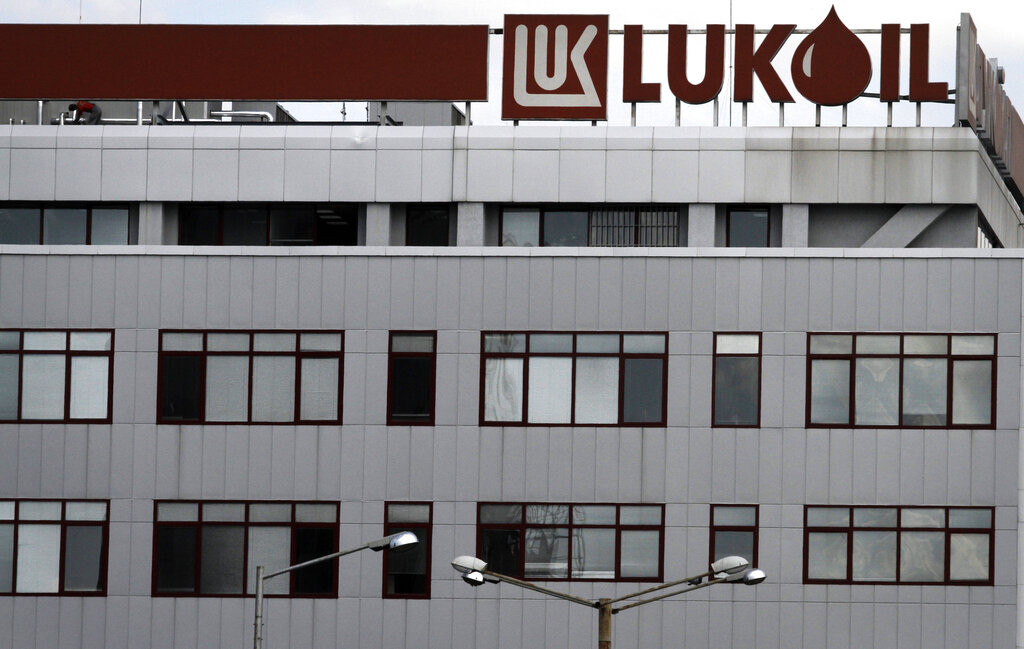Bulgaria Considers Seeking U.S. Exemption From Trump’s New Russia Oil Sanctions

Bulgaria is weighing whether to request an exemption from the latest U.S. sanctions targeting Russian oil giants Rosneft and Lukoil, fearing the measures could disrupt its energy supplies and trigger domestic unrest.
The Gaze reports, referring to Politico.
Last week, President Donald Trump announced sweeping sanctions against the two Russian companies, forcing several EU member states where they operate to explore ways of securing temporary waivers.
Sofia’s concern centers on the Lukoil-owned Burgas refinery, Bulgaria’s largest and most strategic energy facility, which supplies up to 80% of the nation’s fuel.
Officials warn that the plant may have to halt operations if international banks suspend transactions in compliance with the new sanctions, potentially leading to fuel shortages and protests across the country.
According to government sources, Bulgaria has reached out to Washington to clarify how to formally apply for a postponement of the sanctions’ enforcement, due to take effect on November 21.
Analysts note that the standoff could have political consequences. A refinery shutdown, they warn, might destabilize the government and bolster the influence of President Rumen Radev, whom some view as sympathetic to Moscow and who has recently hinted at forming a new political party.
On Friday, Bulgaria’s parliament voted to restrict fuel exports to other EU countries as a precautionary measure in response to the tightening of U.S. sanctions against Lukoil.
The Russian oil company, in turn, has announced plans to divest its international assets by selling them to a Swiss-based firm in an effort to shield its global operations from escalating Western pressure.
As The Gaze reported earlier, Russian fuel exports have fallen to their lowest level since the start of the full-scale war as a result of Ukrainian drone strikes on oil refineries and new Western sanctions.